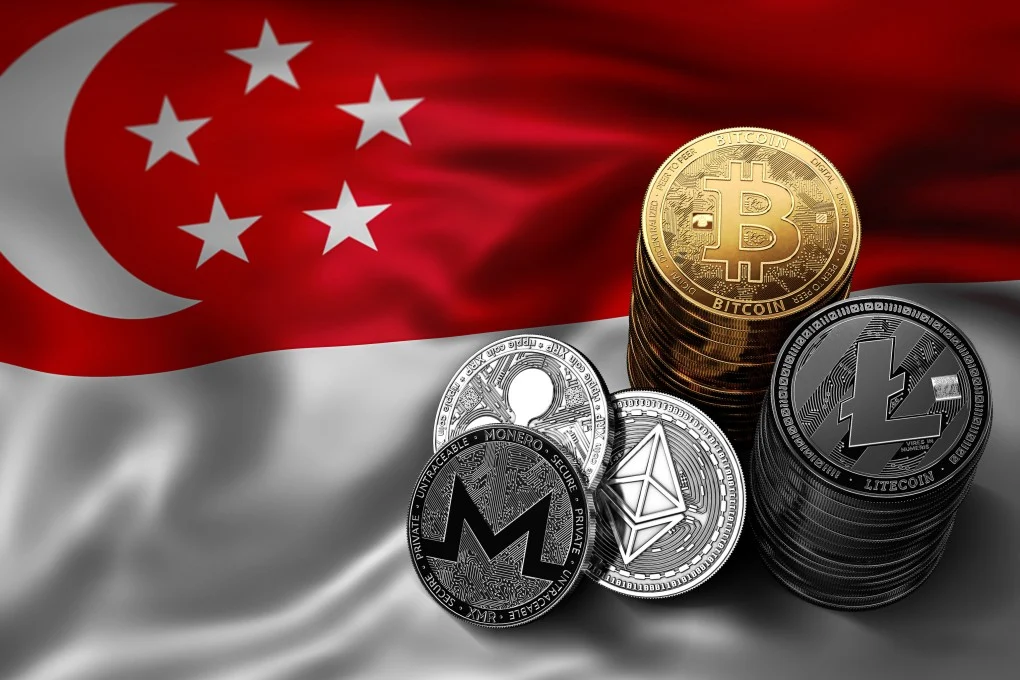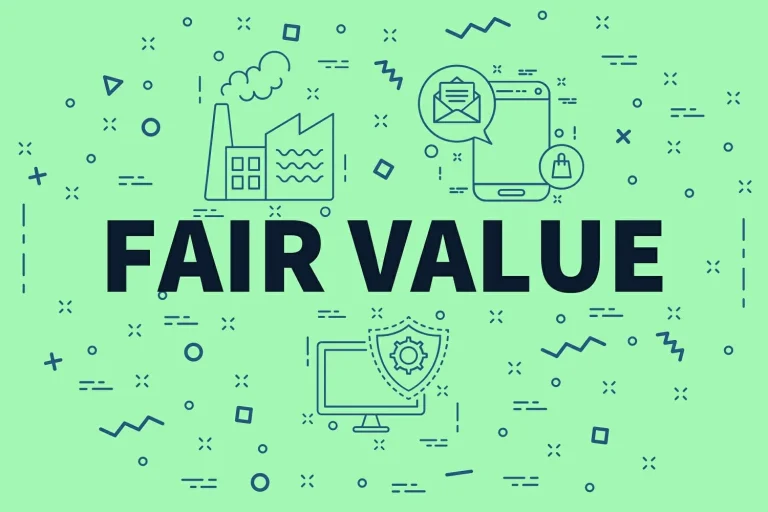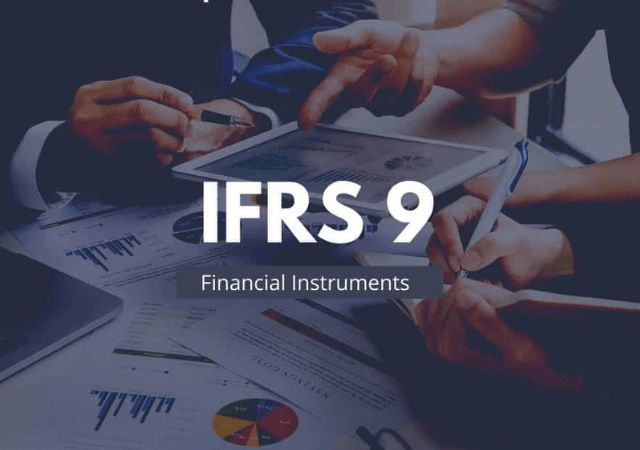How Does IRAS Tax Cryptocurrency in Singapore? A Complete Guide for 2025
Cryptocurrency is no longer just a niche investment. In Singapore, individuals and businesses are increasingly trading, holding, and even accepting digital assets as payment. But with this growth comes an important question: how does the Inland Revenue Authority of Singapore (IRAS) tax cryptocurrency?
This guide explains the key rules for 2025, what they mean for both individuals and SMEs, and how you can stay compliant while optimising your tax position.
1. Is Cryptocurrency Considered Money in Singapore?
In Singapore, cryptocurrency is not treated as legal tender. Instead, it is classified as a form of property or digital payment token (DPT). This classification directly affects how it is taxed.
-
For businesses: Payments received in crypto must be valued in Singapore dollars at the time of transaction.
-
For individuals: Crypto is generally taxed only if it is considered a trading activity, not a long-term capital investment.
2. Do You Pay Tax on Cryptocurrency Trading?
Yes — if you trade cryptocurrencies regularly with the intent of making a profit, IRAS treats it as income.
-
Taxable: Frequent trading, arbitrage, mining (if considered a business activity).
-
Not taxable: Long-term holding for investment, where gains are seen as capital in nature.
Pro tip: IRAS assesses intent based on frequency, holding period, and scale of activity.
3. How Are Crypto Payments Taxed for Businesses?
If your company accepts Bitcoin, Ethereum, or other tokens as payment:
-
The value must be recorded in Singapore dollars at the time of receipt.
-
It is treated the same as if you had received cash or bank transfer.
-
Normal corporate tax rates apply to profits earned.
Example: If you sell services worth S$5,000 and are paid in crypto, you must record S$5,000 as revenue, regardless of whether the token’s value later increases or decreases.
4. GST and Cryptocurrency in Singapore
As of 1 January 2020, cryptocurrency transactions are exempt from GST. This means:
-
Buying, selling, or using crypto as a payment method is not subject to GST.
-
Businesses do not need to charge GST when receiving payments in digital tokens.
This simplifies compliance for SMEs dealing with digital assets.
5. Mining and Staking Rewards
-
Mining: If done as a business, mining income is taxable. If done as a hobby, it is not.
-
Staking/Yield Farming: Rewards received may be taxable as income, depending on frequency and scale.
Tip: Always keep proper records of the type of rewards and their value in Singapore dollars when received.
6. Record-Keeping Requirements
IRAS requires accurate records of all crypto transactions, including:
-
Dates of purchase and sale
-
Value in Singapore dollars at each transaction date
-
Receipts, invoices, and wallet addresses
Proper accounting not only ensures compliance but also reduces risk in case of an audit.
7. What About Capital Gains Tax?
Singapore does not impose capital gains tax. This means if you hold cryptocurrency as a long-term investment and later sell it for a profit, the gains are generally not taxable. However, IRAS may reclassify activity as trading if there is frequent buying and selling.
Final Thoughts
Cryptocurrency taxation in Singapore is evolving as digital assets become more mainstream. For SMEs and individuals, the key lies in understanding whether your crypto activity is investment (non-taxable) or trading/business (taxable).
Staying compliant with IRAS rules protects your business while still allowing you to benefit from the opportunities of digital assets.
Need clarity on how crypto impacts your tax obligations?
Speak to the team at USAFE for expert guidance on cryptocurrency accounting, GST treatment, and tax planning in Singapore.
Disclaimer: This article is for informational purposes only and does not constitute any professional advice. Feel free to contact us to consult with our professional advisors team for personalized advice and guidance.
Sources: https://fintechnews.sg/latest-list-licensed-cryptocurrency-providers-in-singapore/




